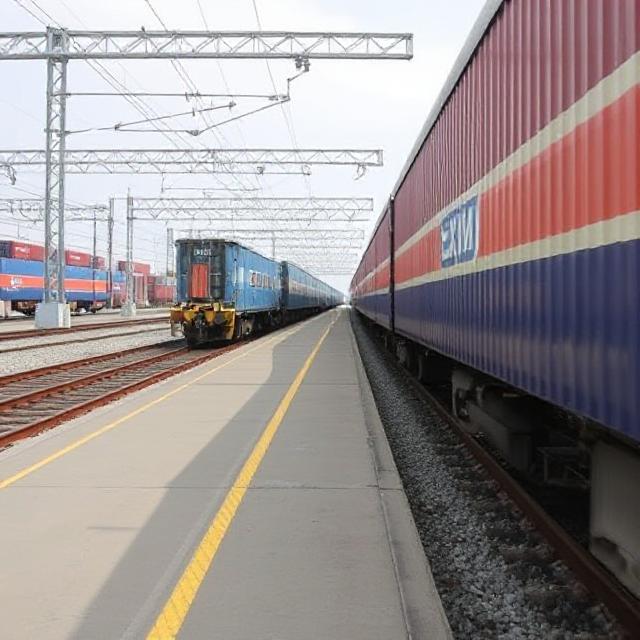Indian Railways is set to introduce scheduled Export-Import (EXIM) container train services as part of a broader effort to enhance logistics efficiency and strengthen supply chain operations. The initiative involves collaboration with selected private container train operators, who will manage services on a fixed timetable, ensuring predictable and timely movement of cargo across key industrial and port corridors.
A pilot route under discussion is from the Tughlakabad Inland Container Depot (ICD) to Adani Mundra Port, one of the country’s major maritime gateways. By providing scheduled services, the initiative aims to improve reliability for exporters and importers, reduce congestion at terminals, and optimise the use of rolling stock and port infrastructure. The predictable timetable will enable better planning for cargo handling, reduce delays, and minimise demurrage and storage costs, ultimately benefiting businesses across sectors, including steel, pharmaceuticals, and consumer goods.
The introduction of EXIM container trains is expected to significantly bolster the efficiency of India’s freight network. By integrating private operators into the public rail system, the move combines operational flexibility with the capacity of the national railway infrastructure. This hybrid model is likely to increase the competitiveness of rail freight relative to road transport, particularly for long-distance bulk and containerised cargo.
Steel manufacturers and other industries dependent on raw material imports and exports stand to gain substantially from this initiative. Timely and reliable rail connectivity will support smoother movement of steel products, reducing inventory holding periods and facilitating quicker deliveries to domestic and international clients. Additionally, the initiative aligns with broader efforts to modernise India’s logistics ecosystem, reduce carbon emissions by shifting freight from road to rail, and strengthen the country’s position in global trade.
Overall, the scheduled EXIM container train services represent a strategic step towards improving freight transport reliability and efficiency, reinforcing the role of Indian Railways as a key enabler of industrial growth and supply chain optimisation





